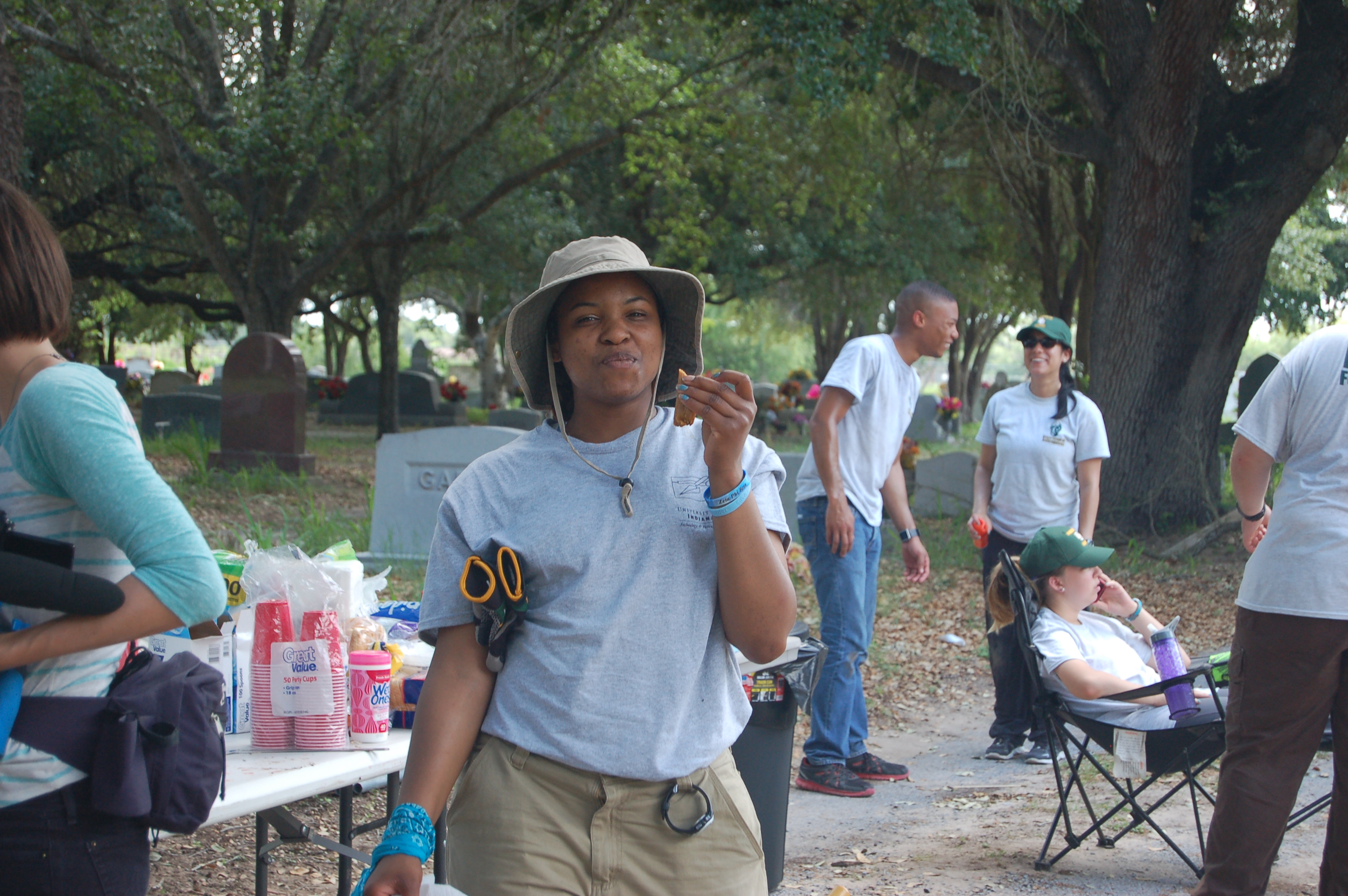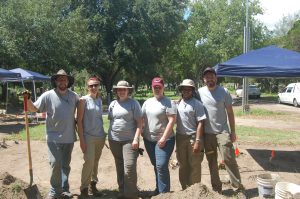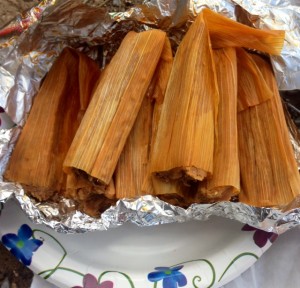The early bird catches the worm. But what happens when you are earlier than the birds? Starting dark and early we beat the sun up as we headed to the cemetery. I was incredibly surprised at the temperature. For some reason I imagined the moment I stepped outside I was going to melt, but it was actually fairly decent for the first few hours. Getting started was very enlightening listening to the team go over the proper technique on how to grid. Being very active in sports, teamwork is something that comes natural. It was awesome to see that everyone was willing to work together to accomplish what we needed. After we completed our shovel shining we took a break and had lunch. I thought that it was a prime opportunity to go and do some bird watching. For those of you who do not know me or why I am constantly commenting about birds, I am currently finishing up an Ornithology class. This trip happens to fall right in the middle of the semester so I will be making up assignments here in Texas. So on lunch today I did not see very many birds, but I heard a lot of them. Of the birds I could identify were the Lesser Goldfinch, Ladder-backed Woodpecker, Loggerhead Shrike, and an Oriental Turtle Dove (still getting verification). I think today I have to pick two birds of the day: the Ladder-backed Woodpecker and the Loggerhead Shrike. Once I got back from birding I grabbed some food and it was at this moment that my taste buds were as enlightened as I had been the entire day. The many of first experiences had continued. Today I had my first tamale…… and second ……. and my third tamale. Holy tamale they were amazing. I enjoy trying foods for the first time in an area they are particularly well known for. Actually I enjoy trying new food period. The temperature increased and we had come to the close of our day.
 For the amount of work that was done today (although it was probably less than we will be doing for the rest of the project) it was a very rewarding feeling. Working together for a common cause makes moments of accomplishments an overwhelming experience. I think this is a great group of people and I hope we accomplish everything we set forth to do without getting devoured by mosquitoes.
For the amount of work that was done today (although it was probably less than we will be doing for the rest of the project) it was a very rewarding feeling. Working together for a common cause makes moments of accomplishments an overwhelming experience. I think this is a great group of people and I hope we accomplish everything we set forth to do without getting devoured by mosquitoes.

